#diet plan for pcos
Photo
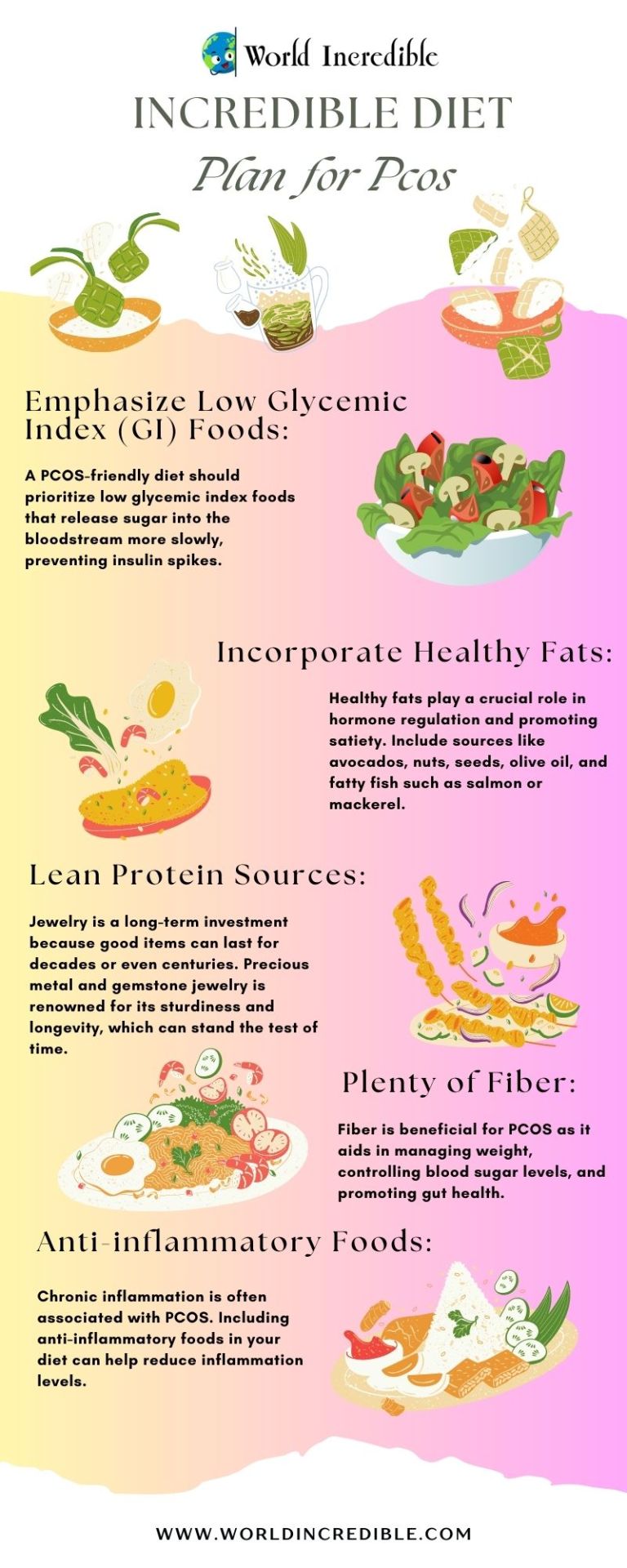
Remember, everyone’s nutritional needs are unique, and an individualized approach will ensure the best results. Embrace this incredible diet plan for PCOS, and embark on a journey towards a healthier and happier life.
0 notes
Text

Looking for a Diet Plan for PCOS for Weight Loss? Customized dietary plans.Because Polycystic ovary syndrome (PCOS) is the most common endocrine disorder approximately affecting around 8–13% of women of reproductive age globally. The ovaries may develop numerous fluid filled follicles and as a result regular release of eggs is hindered. PCOS is a heterogeneous group of disorders having an impact on reproductive, metabolic and endocrine functions and systems.
0 notes
Photo
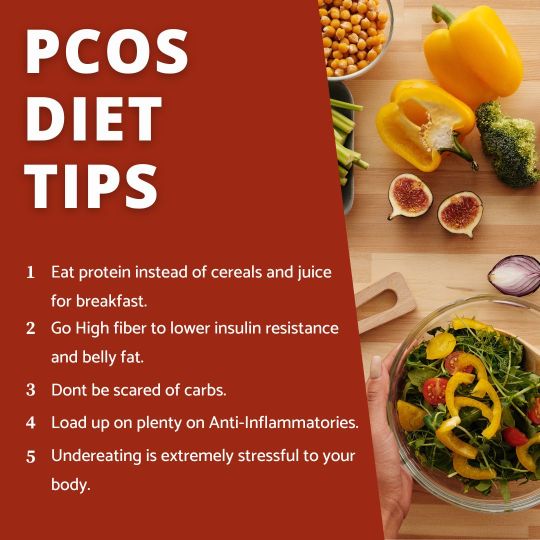
Polycystic ovary syndrome is a common condition among women, who may not fully understand the cause of their symptoms. There are many solutions to treat this problem, including medication and dieting. The PCOS diet plan is one of the most effective options for controlling symptoms and preventing further complications.
Please contact us if you need a gynaecologist for PCOS Treatment in Bangalore.
Visit: https://www.truhealing.com/page/pcos-treatment-in-bangalore
1 note
·
View note
Text
I think it's really funny when fundies are also super into the crunchy lifestyle like bestie your whole system is based on a dude with magical powers born from a virgin you can take a tylenol and stop feeding your infant raw milk now
#I always bring it up#but me @ my aunt that scoffed at me for using my nebulizer while actively having a severe asthma attack#and I mean severe I had to use double my dosage before I could breathe without wheezing and coughing again#I 100% should've been in the hospital#I respect the crunchy life when it's shit like colds and scrapes and aches#absolutely not when it's an asthma attack or PCOS#and doubly not when your CHILD is the sick one#I assume most of the crunchiness comes from the adversion to medicine over prayer#because that implies that there are things that can't be prayed away#And it implies that if you pray and stay healthy that's proof of your worth and praying power#So when someone does get sick and/or die well that's just apart of his plan at least you can say you didn't fight his plan#It's not a preventable illness if you ignore/don't learn how to prevent it /j#every day I wake up and learn another disease raw milk can give you /j#ED tw#And everyday I use to wake up to my stepmom doing a different 'diet'#They 100% encouraged eating disorders both in restricting and binging#Feel bad? Eat food and pray about it! Feel good? Fast and pray about it!#Either way you should feel like you're on the Truman Show with every bite you take#your health becomes a moral issue not a natural one#it becomes a temple and not your vessel#ex christian#religious trauma
25 notes
·
View notes
Text
Creating a Comprehensive PCOS Diet Plan for Optimal Health
Introduction to a PCOS diet plan
Polycystic Ovary Syndrome (PCOS) is a common hormonal disorder that affects many women of reproductive age. One of the most effective ways to manage PCOS and its symptoms is through a well-balanced PCOS diet plan. A PCOS diet plan can help regulate hormones, improve insulin sensitivity, and support overall health. In this article, we will delve into the essential components of a PCOS diet plan, highlighting the importance of balanced nutrition and lifestyle modifications.
Understanding PCOS
PCOS is characterized by a range of symptoms, including irregular periods, excessive hair growth (hirsutism), acne, and ovarian cysts. It is also often associated with insulin resistance and an increased risk of type 2 diabetes, heart disease, and infertility. While PCOS is a complex condition with no cure, its symptoms can be managed effectively through dietary and lifestyle changes.
Key Components of a PCOS Diet Plan
Balanced Macronutrients:
A PCOS diet plan should include a balanced distribution of macronutrients: carbohydrates, protein, and healthy fats. Aim for a well-rounded intake that includes whole grains, lean protein sources (such as tofu), and monounsaturated fats (found in olive oil, avocados, and nuts).
Complex Carbohydrates:
Choose complex carbohydrates for your PCOS diet plan like whole grains (brown rice, quinoa, oats) over simple sugars and refined grains. These complex carbs are digested more slowly, helping to stabilize blood sugar levels and reduce insulin resistance, a common issue in PCOS.
Fiber-Rich Foods:
Incorporate plenty of high-fiber foods into your PCOS diet plan, such as fruits, vegetables, legumes, and whole grains. Fiber helps regulate blood sugar and improve digestion, which can be especially beneficial for those with PCOS.
Adequate Protein:
Protein is crucial for muscle maintenance and hormone regulation. Include lean protein sources like beans in your meals to help maintain steady blood sugar levels, as part of your PCOS diet plan.
Healthy Fats:
Opt for healthy fats like avocados, nuts, seeds, and olive oil in your PCOS diet plan. These fats can help reduce inflammation and support hormone balance in the body.
Watch Your Portions in the PCOS diet plan:
Be mindful of portion sizes to avoid overeating and promote weight management. A registered dietitian can help you determine appropriate portion sizes for your specific needs. A PCOS diet plan needs it!
Take Low-Glycemic Index (GI) Foods in your PCOS diet plan:
Foods with a low GI are digested more slowly, leading to more stable blood sugar levels. Examples of low-GI foods include whole grains, legumes, non-starchy vegetables, and most fruits. These will form a part of your PCOS diet plan.
Limit Sugary Foods and Beverages:
Reduce or eliminate sugary snacks, desserts, and sweetened beverages from your PCOS diet plan. High sugar intake can exacerbate insulin resistance and lead to weight gain.
Manage Carbohydrate Intake in your PCOS diet plan:
Some individuals with PCOS may benefit from a moderate reduction in carbohydrate intake. A low-carb or ketogenic diet can be effective for weight loss and blood sugar control but should be done under the guidance of a healthcare professional.
Adequate Hydration:
Staying well-hydrated is important for overall health and can help with weight management in your PCOS diet plan. Choose water as your primary beverage and limit sugary drinks and excessive caffeine.
Lifestyle Modifications
In addition to a PCOS diet plan, lifestyle modifications can significantly impact the management of PCOS symptoms:
Regular Exercise:
Engage in regular physical activity to improve insulin sensitivity, manage weight, and reduce stress. Aim for a mix of cardiovascular exercises and strength training along with your PCOS diet plan.
Stress Reduction:
High-stress levels can exacerbate PCOS symptoms. Incorporate stress-reduction techniques like yoga, meditation, deep breathing exercises, or hobbies that bring you joy.
Adequate Sleep:
Prioritize quality sleep as it plays a crucial role in hormone regulation and overall well-being, specially with a PCOS diet plan.
Weight Management:
If overweight or obese, achieving and maintaining a healthy weight can have a positive impact on PCOS symptoms. Even a modest weight loss of 5-10% of your body weight can lead to improvements.
Medication and Supplements:
Some individuals with PCOS may require medications like birth control pills, anti-androgens, or insulin-sensitizing medications. Consult with a healthcare provider to determine if these options are appropriate for you. Additionally, certain supplements, such as inositol and chromium, may support insulin sensitivity.
Conclusion
A well-structured PCOS diet plan, combined with lifestyle modifications, can be a powerful tool in managing the symptoms of Polycystic Ovary Syndrome. It's essential to work closely with a healthcare professional or registered dietitian who can tailor a PCOS diet plan to your specific needs and monitor your progress. By focusing on balanced nutrition, regular exercise, stress reduction, and maintaining a healthy weight, you can take significant steps toward improving your overall health and well-being while managing the challenges posed by PCOS. Remember that managing PCOS is a journey, and with dedication and the right support, you can achieve positive outcomes and lead a healthier life.
3 notes
·
View notes
Text
Baby steps, took some today, really need to try to get a walk everyday, even if just 20 minutes
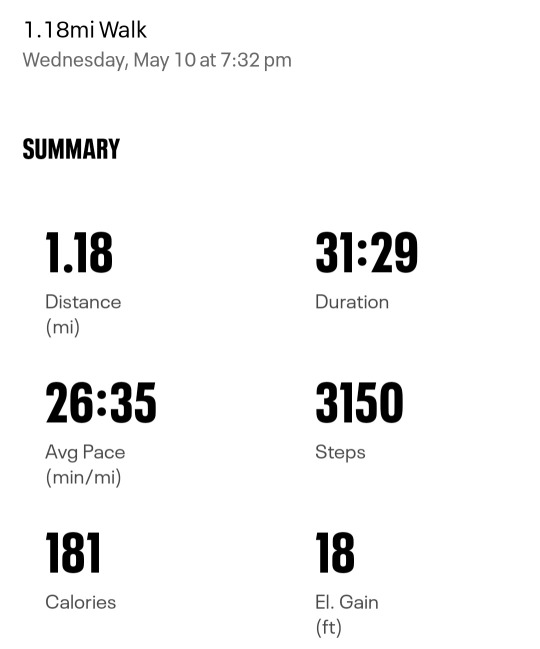
#keep walking#walking#walk#nice walk#diet plan#diet#pcos#health journal#health journey#self healing#healing#sweat#weight loss#fat loss#health#lose weight#siatica
2 notes
·
View notes
Text

#diet#keto diet#healthy diet#weight loss diet plan#weight loss diet#diet plan#fat loss diet#diets#diet plan for weight loss#doctorola diet#kids diet#diet soda#best diet#diet food#pcod diet#pcos diet#pregnancy diet plan#pregnancy diet chart#model diet#diet chart#jadoo diet#paleo diet#diet pills#mark wahlberg diet plan#the ice diet#diet advice#diet doctor#low fat diet#indian diet#low carb diet
1 note
·
View note
Text
A diet plan for fertility is carefully crafted to support reproductive health and increase the likelihood of conception. It typically includes a balanced intake of nutrients known to benefit fertility, while also avoiding foods and habits that may negatively impact fertility. Here's a general outline of a fertility diet plan:
Focus on Whole Foods: Emphasize the consumption of whole, nutrient-rich foods such as fruits, vegetables, whole grains, lean proteins, and healthy fats. These foods provide essential vitamins, minerals, and antioxidants necessary for reproductive health.
Healthy Fats: Incorporate sources of healthy fats, including avocados, nuts, seeds, and fatty fish like salmon or trout. Healthy fats support hormonal balance and aid in the production of reproductive hormones.
Plant-Based Proteins: Include plant-based protein sources such as beans, lentils, tofu, and quinoa. These options offer high-quality protein without the potential negative effects of excessive animal-based protein consumption on fertility.
Fertility-Boosting Foods: Consume foods rich in fertility-boosting nutrients such as dark leafy greens (e.g., spinach, kale), berries, citrus fruits, and foods high in folate, zinc, and selenium. These nutrients support reproductive function and may improve fertility.
Limit Processed Foods and Sugars: Minimize or avoid processed foods, sugary snacks, and refined carbohydrates, as they can cause blood sugar imbalances and inflammation, potentially harming fertility.
Moderate Caffeine and Alcohol: Limit caffeine intake to moderate levels and reduce alcohol consumption, as excessive amounts of both substances have been associated with decreased fertility.
Stay Hydrated: Drink plenty of water throughout the day to stay hydrated, as adequate hydration is essential for overall health and fertility.
Consider Supplements: Discuss with a healthcare provider or fertility specialist the potential benefits of taking prenatal vitamins or specific supplements such as folic acid, vitamin D, and omega-3 fatty acids to support fertility.
Maintain a Healthy Weight: Aim to achieve and maintain a healthy body weight through balanced nutrition and regular physical activity, as both underweight and overweight conditions can negatively impact fertility.
Seek Professional Guidance: Consult with a registered dietitian or nutritionist specializing in fertility to create a personalized diet plan tailored to your individual needs and circumstances.
0 notes
Text
Demystifying PCOD and PCOS: Spotting the Variances
PCOD (Polycystic Ovary Disease) and PCOS (Polycystic Ovary Syndrome) are related conditions, but they have some differences:
Definition:
PCOD: Primarily refers to the presence of multiple cysts in the ovaries along with irregular menstrual cycles and elevated androgen levels. It may or may not present with symptoms like acne, hirsutism (excessive hair growth), and weight gain.
PCOS: Involves a…
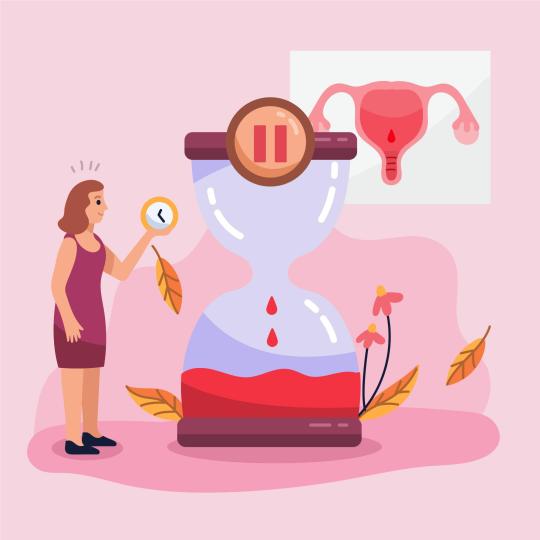
View On WordPress
#PCOD and infertility#PCOD and insulin resistance#PCOD and stress management#PCOD androgen levels#PCOD causes#PCOD complications#PCOD diet plan#PCOD dietary recommendations#PCOD exercise routine#PCOD holistic approaches#PCOD hormone therapy#PCOD lifestyle changes#PCOD natural fertility solutions#PCOD risk factors#PCOD supplements#PCOD symptoms#PCOD treatment options#PCOS androgen excess#PCOS diagnosis#PCOS emotional well-being#PCOS fertility awareness#PCOS fertility treatments#PCOS genetic factors#PCOS hair loss#PCOS hormonal imbalance#PCOS hormonal testing#PCOS hormonal therapy#PCOS lifestyle adjustments#PCOS management tips#PCOS menstrual cycle regulation
0 notes
Text
Attend the Best Obesity and Weight Management Program Now!
A dietitian is a certified dietetics specialist and his or her prime job is to study diets and their impact on your health condition. They hold degree, are certified, passed the national level exam, and regulated by law. For goals like health condition you can consider a dietitian. And nutrition specialists are those who educate the public about healthy lifestyle, preventative treatment option and about healthy living. They also help people overcome health and diet challenges, encouraging patients and provide meal plans to focus upon their healthy lifestyle. For goals like sleeping better, gaining or losing some weight or raising energy level you can consider going for a nutrition specialist.

Visit this specialist now
Between dietitian & nutrition specialist who is better? Generally the position of a dietitian is more regulated than of a nutritionist. The main difference is in their type of professional training and education. Both the diet and nutrition specialist are good in their sector. You should consult them according to your goal. And now the best diet & nutrition specialist can help you live a better, healthier and vibrant life. There are different types of dietitians; some are sports, food service, community dietitians. And nutritionist too they are sports, animal, clinical, holistic nutritionist, etc. If you want a healthier life then we suggest that you should consult a diet or nutrition specialist.
Get rid of the obese like condition
Obesity is a disease that involves having too much of body fat. When extra calories are stored in the body as fat, obesity is caused. When you consume high amounts of energy, which is found in high sugar and high fat food, and don’t use the energy through physical activity, that extra energy is stored as fat in your body. What are the main objectives of obesity and weight management? We suggest that maintaining a lower body weight can be the best option for you. The main goal of weight management is to prevent further weight gain.
#post pregnancy diet plan#best weight loss clinic in mumbai#diet & nutrition specialist#pcos treatment in india
0 notes
Text
#Diet for PCOS Weight Loss#PCOS Diet#PCOS Diet Plan#PCOS Diet Plan to Lose Weight#PCOS Weight Loss Plan
0 notes
Text
7-Day PCOS Diet Plan: What to Eat
Ready to take control of your PCOS symptoms? Our 7 day PCOS diet plan makes it easy and tasty! With truwellth, you can feel empowered and supported as you navigate this important step towards better health.
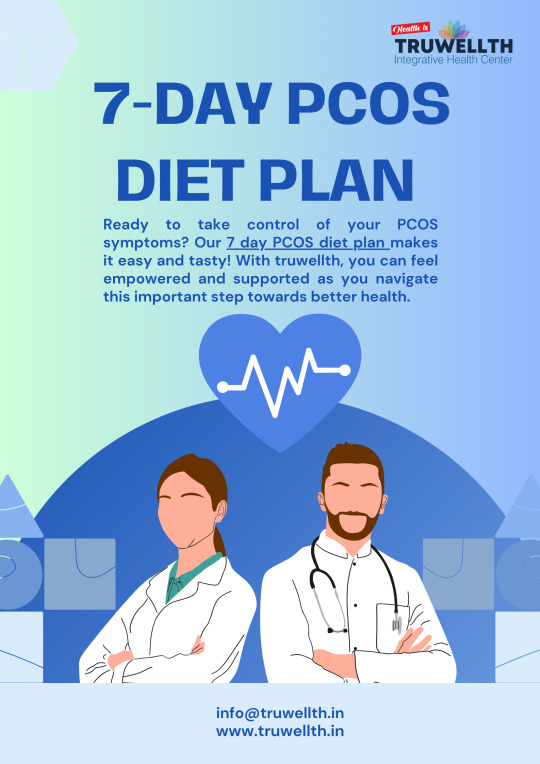
0 notes
Text
Tips And Guidance For PCOS and PCOD diet in Pcmc
Best diet consultant for PCOS & PCOD in PCMC, Pune
If you have Polycystic Ovary Syndrome (PCOS), eating well can help manage some of the long-term complications of this condition. Read on to learn about how food and nutrition can help you. Dt. Bhushan Khedkar Best diet consultant for PCOS & PCOD in PCMC, Pune provides diet therapy for those women suffering from PCOS.
Polycystic ovary syndrome (PCOS) is typically devoted to unstable periods or no menstruation at all. People with PCOS typically have multiple cysts in their ovaries, caused by an overproduction of hormones called androgens.
According to research from 2019 Trusted Source, between 33 and 83 percent of women living with PCOS also face obesity problems. Common symptoms include:
Acne
Hirsutism (excessive hairiness)
Male pattern baldness
How Proper Diet Therapy Can Help You?
People with PCOS are usually seen to have higher than regular insulin levels. Insulin is a hormone that’s grown in the pancreas. It helps the cells in the body turn sugar into energy.
If you don’t deliver enough insulin, your blood sugar levels can increase. This can also happen if you have insulin resistance, meaning you aren’t able to use the insulin you do produce effectively.
If you have insulin resistance, your body may try to pump out high levels of insulin to keep your blood sugar levels normal. Too-high levels of insulin can cause your ovaries to produce more androgens, like testosterone.
Insulin resistance may also be caused by having a higher body mass index. Insulin resistance can make it harder to lose weight, which is why people with PCOS often experience this issue.
A diet high in refined carbohydrates, like starchy and sugary foods, can make insulin resistance, and therefore weight loss, more difficult to manage.
Foods to add:
high fiber vegetables, like broccoli
lean protein, like fish
anti-inflammatory foods and spices, like turmeric and tomatoes
How can a dietitian help?
Dt. Bhushan Khedkar can:
Give you a personalized eating plan to help manage your PCOS symptoms that considers your preferences, medical history, culture, and lifestyle
Make sure you are getting enough of the essential nutrients like fiber, protein, vitamin D and omega-3
Suggest any supplements you would benefit from
Help you learn how to read food labels and prepare nutritious meals
Connect with a dietitian today!
Why NutroHeal?
If you are reading this content then you or your loved ones would be needing the best dietitian in PCMC. We at NutroHeal provide the best dietician consultation. Our approach towards patients is simply gaining their health and pushing them towards good health. We at NutroHeal treated more than 2700 patients with different and complicated health conditions in the last few years.
Our expert dietician Dt. Bhushan Khedkar is having more than 8 years of experience in the field of diet and nutrition. He is a young, dynamic and knowledgeable person. Every person who is in need must consult with NutroHeal.
For more Information
Visit Or call us at
Lcations Dange Chowk, Yashoda Colony, Thergaon, Pimpri-Chinchwad, Maharashtra 411033
+91-7719006248
https://www.nutrohealdiet.com/ »
1 note
·
View note
Text
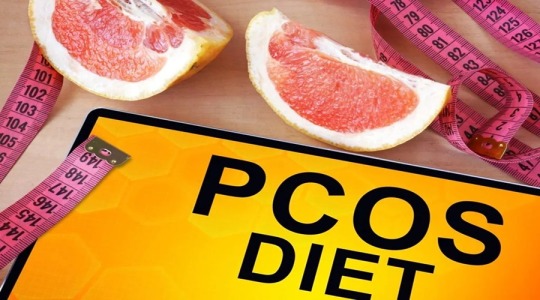
PCOD & PCOS Dietitian & Nutrition Consultation in Delhi: Get the best PCOD & PCOS diet plan & packages clinic in Delhi. Diet4U Wellness has the top PCOD & PCOS consultant team with customized PCOD & PCOS diet plans and services. Contact now online for a diet plan for PCOD & PCOS.
We are aware that the intricate relationships between the ovaries, testosterone, insulin, and other hormones—including those that function at the brain level—cause PCOS.
#PCOD & PCOS#Dietitian & Nutrition#PCOS diet plans#PCOD diet plans#PCOD & PCOS Dietitian#PCOD & PCOS Problems
0 notes
Text
PCOS Treatment & Therapy | PCOS Seed Cycling | Ahmedabad | Baroda | Gandhinagar | Rajkot
AleaqmCure helps to treat your PCOS symptoms through therapy, lifestyle habits and medical support. Contact a PCOS therapist in Ahmedabad, Baroda, Gandhinagar, Rajkot. Consult PCOS experts online to get various treatments and therapies for PCOS(Polycystic Ovary Syndrome).
#PCOS Treatment#PCOS Seed Cycling#PCOS Therapy#Fertility Treatment for PCOS#Polycystic Ovary Syndrome (PCOS) Treatment#PCOS Diet Plan#PCOS Weight Management#Lifestyle Modifications for PCOS#PCOS and Infertility Treatment#AleaqmCure#Women's Therapy
1 note
·
View note